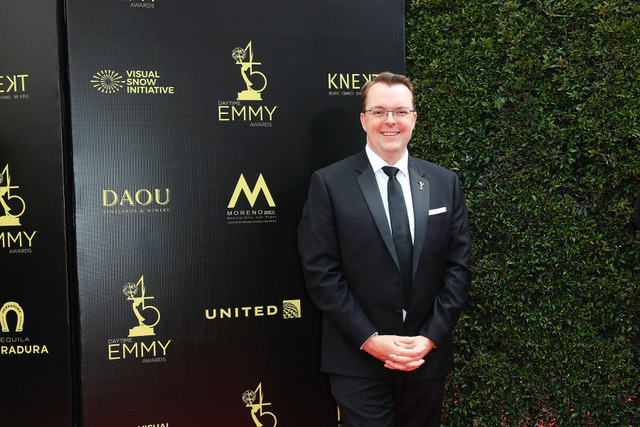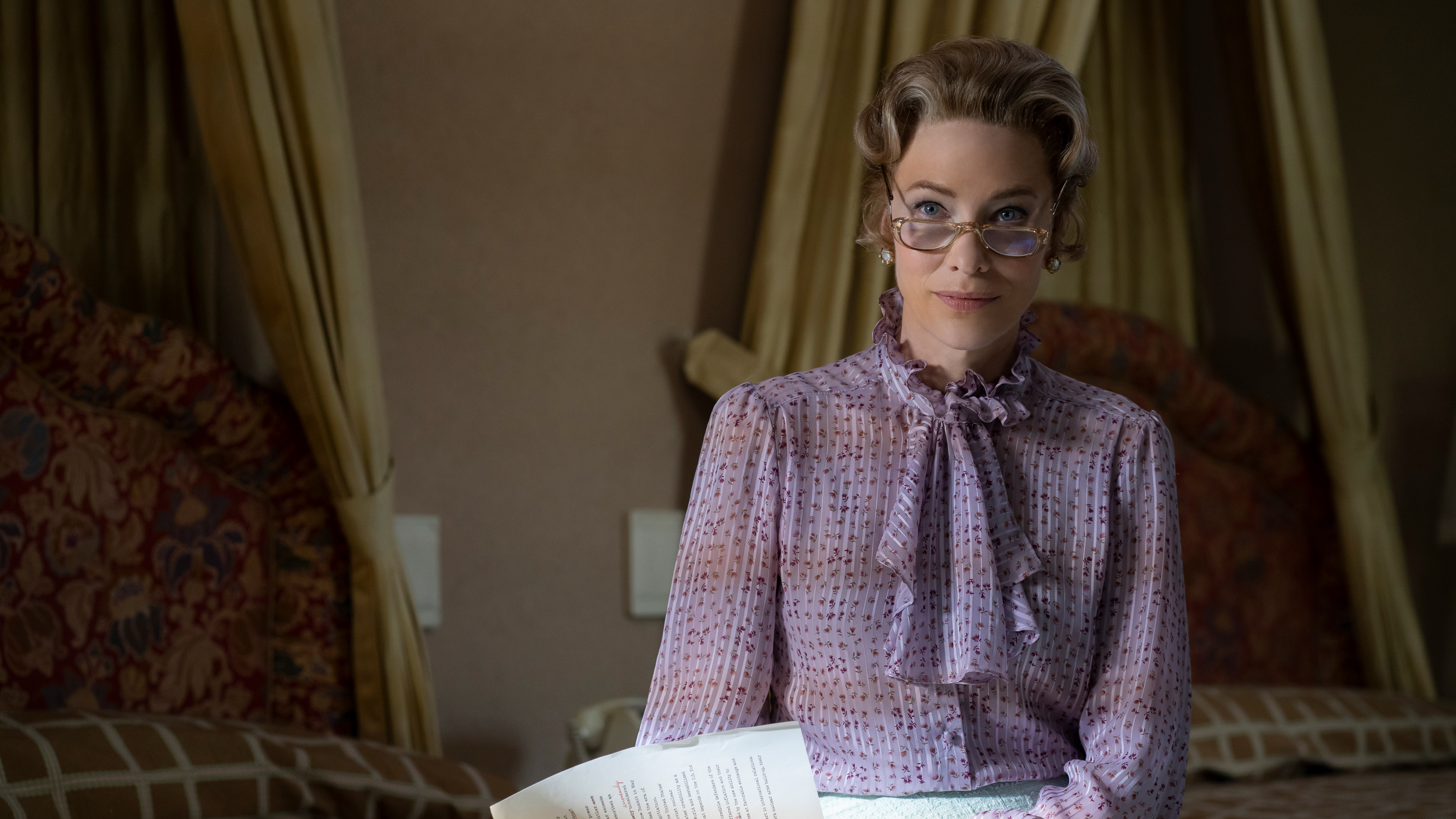The Five Spot: Adam Sharp
President and CEO, NATAS
The smarter way to stay on top of broadcasting and cable industry. Sign up below
You are now subscribed
Your newsletter sign-up was successful
When most people think of the Emmys, they think of the Primetime Emmys, which are run by the TV Academy in Los Angeles. But the National Academy of Television Arts and Sciences (NATAS) in New York runs a slew of Emmy awards programs for all other types of television programming, including news, sports, technology and daytime, which includes syndication and digital programming.
So while the show will go on in some format for the Primetime Emmys on Sept. 20, everything has changed for the other Emmys, with those shows going virtual for the rest of the year. One exciting change for NATAS is the return of the Daytime Emmys to CBS, where the ceremony last aired in 2011.
NATAS president and CEO Adam Sharp joins B+C contributor Paige Albiniak to discuss how the dominoes fell when the shutdowns started and where he expects to end up.

When the stay-at-home orders came down, what was your first thought about the Daytime Emmys? My initial thought wasn’t specific to daytime because we also produce tech and engineering, sports and news and documentary Emmys. When we first started hearing about the shutdown, those were the immediate focus. Across all of our events, it became very clear it was going to be a tough time to be in the large public event business.
After a few weeks, it also became clear that getting a few thousand people in a room together was not going to happen this year. This is supposed to be a moment of celebration, not one where you should show up fearing for your life. Optimism gave way to practical reality.
The Daytime Emmys will be virtual and broadcast on CBS but they will be pre-recorded, not live. What does that mean for the show? It’s something that has challenges but also opportunities. There are challenges around maintaining the excitement of the reveal when the show isn’t live.
On the flip side, this is a massive opportunity. We can produce a ceremony that is a lot more intimate. Most awards shows are historically big spectacles. This year, everything has to be small. It also allows for a quicker pace. It’s amazing what you can do when you don’t have to spend half the time watching people walk down the aisles.
The smarter way to stay on top of broadcasting and cable industry. Sign up below
How did the conversations happen about bringing the show back to broadcast and to CBS? That was a conversation that predated COVID by many months. We had started having conversations with CBS last fall primarily around the very traditional ceremony that we do in June. Those discussions had been well advanced by the time COVID came around and were put on hold as we tried to figure out what this new world looked like. But everyone recognized that there was still a viable event here. And daytime remains a priority for CBS — they have the most robust network-owned daytime schedule.
It seems like there is new excitement around daytime that had been thought to be lost. Do you feel that and if so, why do you think that is? I think there’s a few different drivers for that. Our competitions saw their highest number of entries ever this year, beating the record set the previous year. Part of that is the explosion of content, and not just broadcast dramas. Streaming programming has really opened the floodgates for daytime-style programming.
For the broadcast dramas, there’s a recognition that the misperceived decline was not a commentary on the quality of the programming so much as it was the changing demographics of our country.
The Young and the Restless and The Bold and the Beautiful are among the most successful shows on CBS All Access, outrating much of primetime. The audience is still engaged with those stories. We’ve seen that in a lot of other aspects of programming as well, where patterns in society shifted one way, technology reacted to those patterns and then content caught up with that technology.
What do you see as the silver lining in all of this? It’s the opportunity to experiment with the form and not be tied to the sacred-cow playbook of what an awards ceremony should look like. There are aspects of these shows this year that when we are done, we may keep as part of the form going forward. The real success is not people saying they made lemonades out of lemons, but that this environment let them come up with something cool we want to see again.

What are you binge-watching? History’s Grant, FX on Hulu’s Mrs. America, Starz’s Counterpart, rewatch of Star Trek: Deep Space Nine.
Favorite podcasts? Intelligence Matters with Mike Morell, The Takeout with Major Garrett, This Week in Nope.
Favorite all-time TV show? The West Wing, Star Trek: The Next Generation, The Thick of It.
Bucket-list destinations? Space, the final frontier. Antarctica. Block Island.
What books are on your nightstand? Team of Five by Kate Anderson Brower and Word by Word: The Secret Life of Dictionaries by Kory Stamper.
